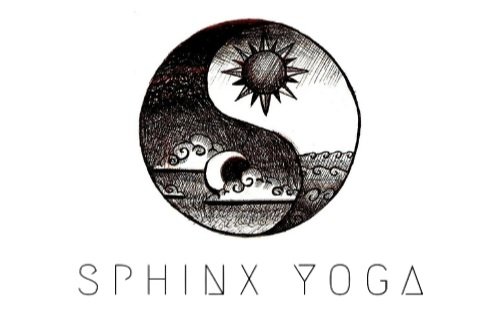If we surrendered to earth’s intelligence we could rise up rooted, like trees
Rainer Maria Rilke
The more I connect to the cycles and spirals within and without - the seasons, the menstrual cycle, the cycles of the moon and sun, the movement of the elements, breath, sleep and life cycles - the deeper my sense of embodiment, of grace, of belonging. A series of synchronicities brought me to train with the Natural Academy to learn more about ecopsychology.
Ecopsychology as a term can be broadly understood to refer to approaches that support healing through recognising and cultivating a reciprocal relationship between humans and all of nature. It is the study (-ology) of the soul’s (psyche) habitat (eco). Oral, indigenous communities across the globe live in recognition of the soul (or inherent individual nature and gifts) of all things, embedded in a reciprocal relationship with the lands which they are part of. There is much that those of us in a culture of never-ending growth, that requires never-ending consumption of the earth’s habitats, need to learn.
It is impossible to separate out ecological concerns from concerns about our own wellbeing. Our very own bodies are literally dependent on soil, water, air and the light & heat from the sun. By positing humans as just one part of the family of things, ecopsychology broadens our sphere of concern. We are nature; we are a part of this beautiful, evolving, multifaceted dance of life. In remembering our place as an integrated member of this living whole, ecopsychology also calls us into action and reminds us that we have the power to make a difference. This might include actions: to protect, regenerate and nourish the natural world; to connect more deeply to the natural world to support, heal and empower ourselves and the communities around us; to champion freedom and justice for all living beings as intimately tied up with our own; and to promote ways of living, learning and loving that respect and include the natural world.

